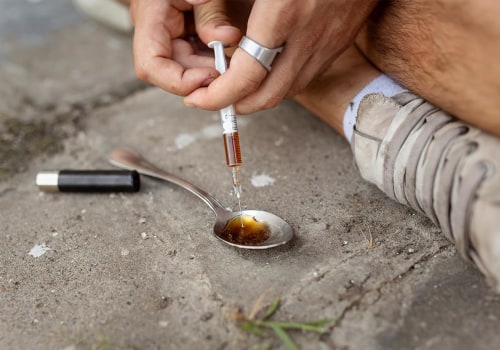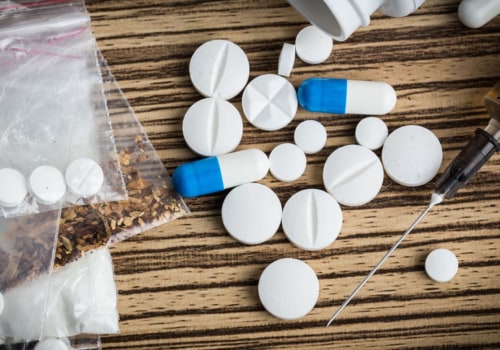Addiction is a chronic illness that can have devastating effects on an individual's life. It is characterized by compulsive or uncontrollable drug seeking and use, despite harmful consequences and changes in the brain. Fortunately, there are a variety of treatments available to help people suffering from addiction. The Hazelden Betty Ford Foundation is the nation's leading nonprofit provider of comprehensive inpatient and outpatient addiction and mental health care for adults and youth.
They have been designated a center of excellence for addiction treatment and related mental health services by AssuredPartners, which provides health insurance benefits to people across the United States. Bear serves as an unbiased presence of comfort and trust for those struggling with shame, mistrust, pain, or loss while participating in addiction treatment programs in New York. Addiction treatment can be effective, but it must be continuously monitored and adjusted to the needs of the person suffering from it to improve long-term addiction treatment. The goal of outpatient drug rehabilitation is to stabilize your health and provide you with the knowledge, skills, and resources to help you recover your life from the clutches of drug addiction and co-occurring mental health disorders.
Medications are available for the treatment of opioid (heroin, prescription pain relievers), tobacco (nicotine) and alcohol addiction. For example, the FDA recently approved lofexidine to help reduce cravings and withdrawal symptoms in patients receiving treatment for opioid addiction. These are some of the most common addiction treatments that have placed patients on a successful path to recovery:
- Cognitive Behavioral Therapy (CBT)
- Motivational Interviewing (MI)
- Contingency Management (CM)
- Medication-Assisted Treatment (MAT)
MAT combines medications with counseling and behavioral therapies to treat substance use disorders. Many of the principles of drug addiction treatment are similar for individuals within the criminal justice system and for people in the general population. Addiction treatment can be effective, but it must be continuously monitored and adjusted to the needs of the person suffering from it to improve long-term addiction treatment.






